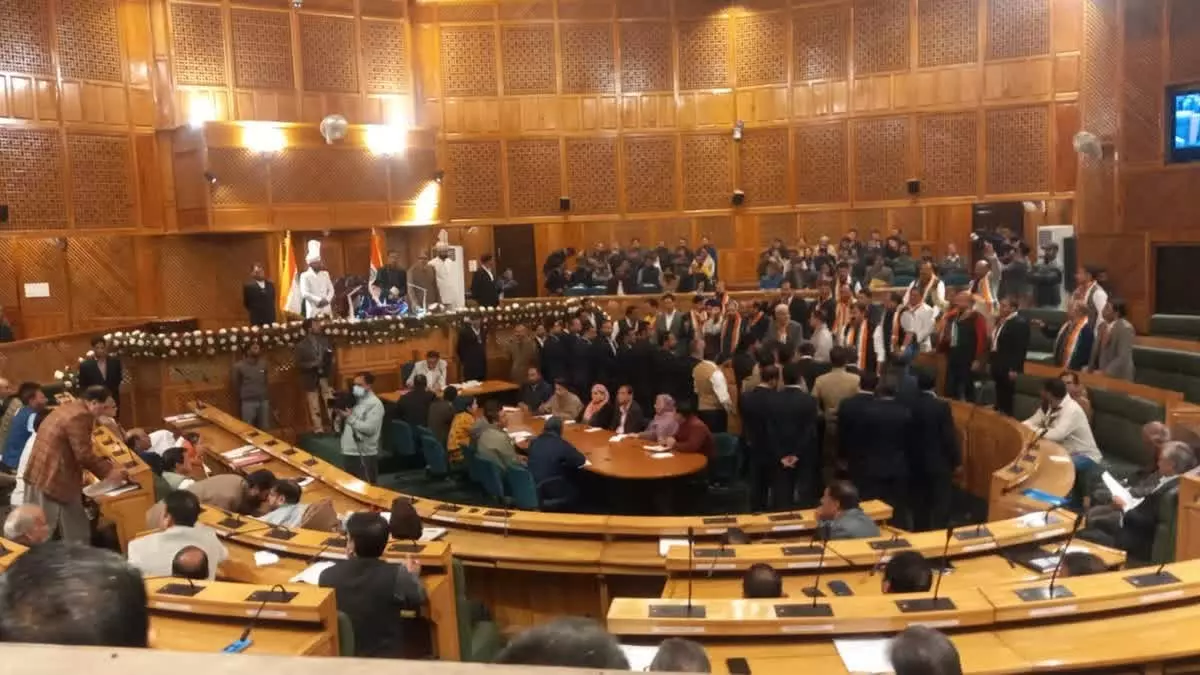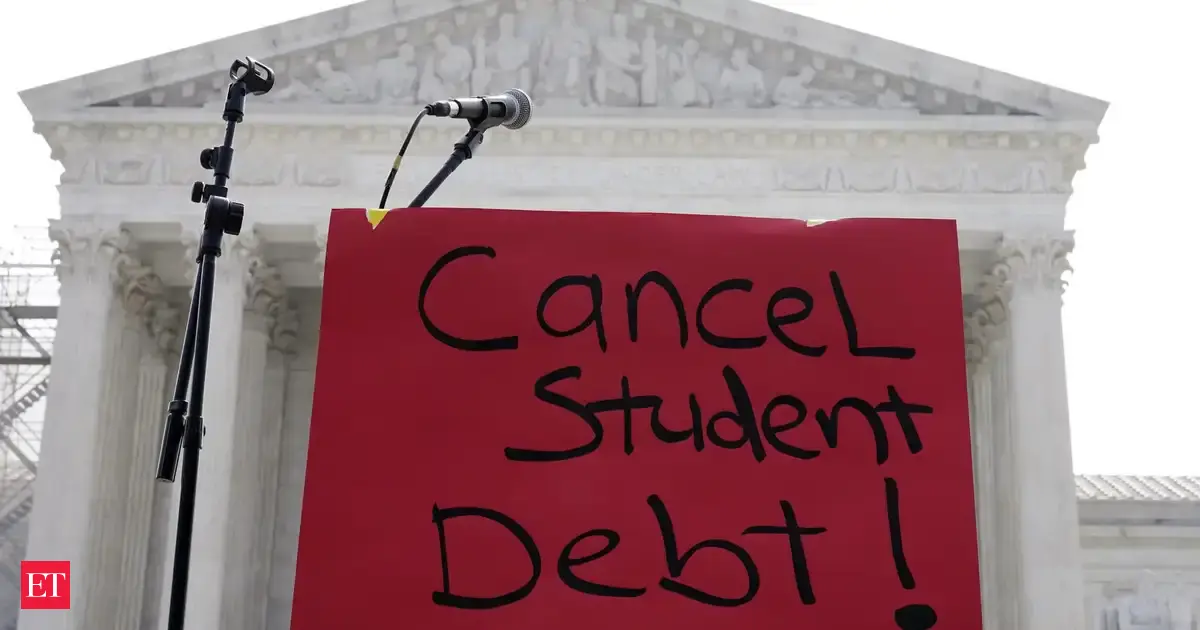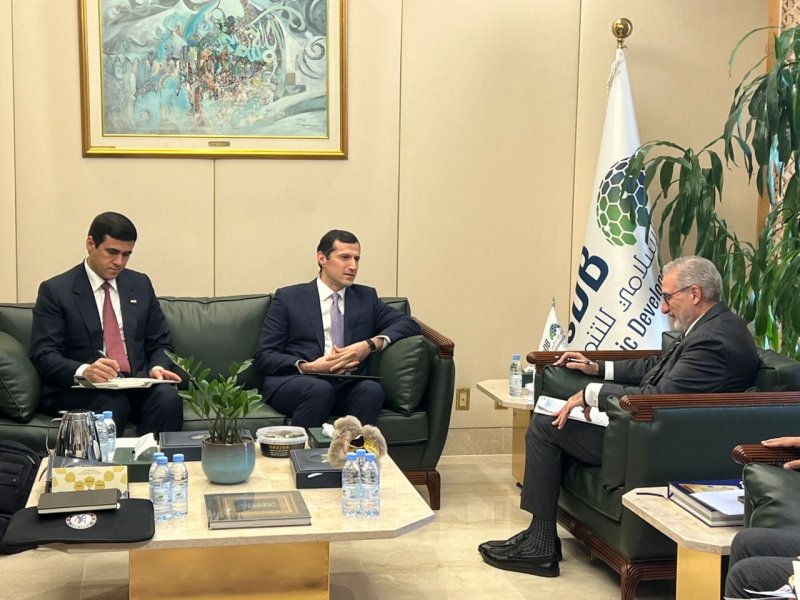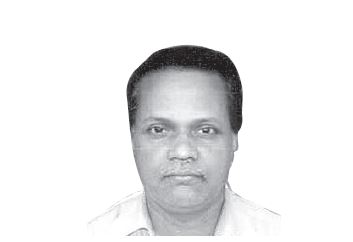Copyright deccanchronicle

SRINAGAR: The Omar Abdullah-led government on Tuesday rejected a private member's bill introduced by opposition People’s Democratic Party (PDP) MLA Waheed Ur Reman Parra, which aimed to grant ownership rights to occupants on state land.During the ongoing session of the J&K Legislative Assembly, Chief Minister Omar Abdullah opposed the proposal, stating that individuals residing illegally on such land cannot be conferred ownership. He questioned how government land could be granted to those who had occupied it illegally. He, however, also said, “The government is committed to providing land to landless families through proper channels and legal frameworks.” He urged Parra to withdraw the bill, but the MLA refused. Subsequently, Speaker Abdul Rahim Rather formally rejected it after all legislators except three members including Para himself opposed the motion. PDP president and former Chief Minister Mehbooba Mufti accused Abdullah of reneging on his commitment to the issue. She in a post on ‘X’ said, “The BJP’s threat to block the passage of the PDP’s land regularisation (anti-bulldozer) bill which they branded as the “Land Jihad Bill” was fulfilled today, ironically, by the ruling NC government itself.” She added, “The Chief Minister, who had earlier assured that any pro people initiative from the PDP would face no obstacles under his leadership, has once again reneged on his word. This marks yet another U-turn added to his growing list of unfulfilled guarantees and promises. It is deeply unfortunate that a bill aimed at securing a roof over the heads of the poorest of the poor is now being portrayed as an act of land grabbing. Even more tragic is that it was rejected by the very House these people overwhelmingly trusted and elected barely a year ago.” The Chief Minister also refused to support a private member's bill to establish a Lokayukta in the Union Territory, asserting that only states have the authority to set up such an institution under existing laws. The proposal, moved by CPI(M) MLA Mohammad Yousuf Tarigami, aimed to enable inquiries into corruption allegations against public servants. Abdullah urged Tarigami to withdraw the bill, explaining that Section 63 of the Lokpal and Lokayuktas Act, 2013, limits the anti-corruption agency's establishment to states, not Union Territories like J&K. “As a Union Territory, we do not have the powers to appoint a Lokayukta," the Chief Minister stated, emphasising the legal constraints imposed by the J&K Reorganisation Act, 2019. The rejection sparked a broader debate on governance and accountability, with members linking it to the long-pending demand for restoring statehood to J&K. The House rejected another private member's bill introduced by Congress MLA Nizamuddin Bhat to establish a dedicated J&K Human Rights Protection Commission. Chief Minister Abdullah opposed the measure, arguing that post-2019 reorganisation, the UT falls under the jurisdiction of the National Human Rights Commission (NHRC), rendering a local body redundant and legally unfeasible without restoring full statehood. “The Bill can only be reconsidered after statehood is restored to Jammu and Kashmir,” Abdullah stated in the House, echoing similar reasoning used earlier in the session to reject a proposal for a Lokayukta. Bhat's bill sought to create an independent commission with powers to investigate violations, recommend remedies, and promote awareness—addressing what the MLA described as a “visible gap” in localised human rights protections in a conflict-sensitive region. Proponents, including Bhat, emphasised it as a “democratic necessity” for accessible redressal, but the proposal was defeated following the Chief Minister's intervention and lack of support from ruling NC members. The House held an extensive discussion on the rising menace of drug addiction, with members demanding urgent, coordinated action to protect the youth. The debate stemmed from a question by BJP MLA Surjeet Singh on measures to combat drug abuse across the Union Territory. Health and Medical Education Minister Sakina Itoo outlined a multi-departmental strategy involving awareness, prevention, and rehabilitation. “The government is collaborating with School Education, Higher Education, and Medical Education departments to bolster these initiatives,” she said. Asserting that drug awareness is now part of the school curriculum, with plans for regular sessions during morning assemblies, she said, “It is our collective responsibility to shield the young generation from drugs. We are committed to rehabilitating victims and enhancing preventive measures.”. NC MLA Tanvir Sadiq called for making drug awareness a compulsory subject with dedicated teachers in every class. The government reported functional de-addiction centres across districts, managed by professionals, alongside outreach in schools, colleges, and panchayats via camps and door-to-door surveys. Responding to a query, the government revealed...



